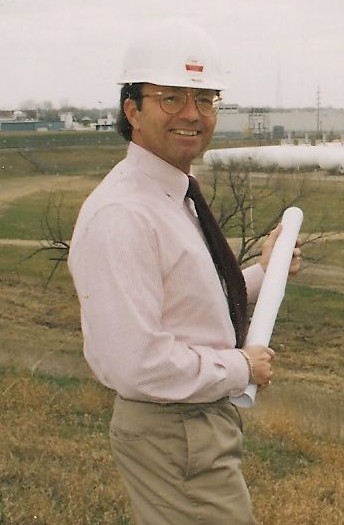
PROGRESSIVE EPOXY POLYMERS, INC.
Nothing but Quality Products at Good Prices, Great Customer Service, and Lots and Lots of Helpful Information
and NO SALES TAX - You are shopping in TAX FREE New Hampshire
CALL 603-435-7199 (or email).We are the only technology based coating/epoxy/resin company that actively encourages your phone calls, not just during our East Coast work hours but also after/before hours, evening, weekends and even holidays. We're available when you are. We form a personal relationship with our customers and freely share technical information, how to-advice, product information and tips-and-tricks. Speak with a non-salesman technical professional with over 25 years of experience in the resin/coating/epoxy industry (no newbie staffer on the phone lines!). Floors, tables, boats, leaks, rot repair. We handle it all! We are an 'always available,' one-on-one, technical/scientific, coating company (watch our video). We are NOT one of those fluffy/slick mass sales firms the dominate the internet selling cheap third party (made in China???), low end epoxies and coatings with no real knowledge of what they are selling and quotas to sell to as many people as possible. 603-435-7199 (east coast time).
PRIMARY STORE LINK --- TOP SELLING PRODUCTS --- EPOXY GURU HELP SITE --- EPOXY DATA SHEETS

EPOXY RESIN - LPU - MCU - POLYURETHANE
COATINGS - ENAMEL PAINT
ABSOLUTE BEST SOURCE for epoxy information, options, USA made products, 24/7/365 help, and support
(EMAIL 603 435 7199)
There is a lot of confusion when it comes to understanding the different paints and coating. What is the difference between a urethane and a polyurethane? Is an enamel like a polyurethane? How are two part urethanes different from two part epoxies? How do acrylic paints compare to enamel paints?
Epoxy Paint - Urethane
Polyurethane LPU MCU coatings
epoxy resin paint - MCU - LPU urethane paint. polyurethane 1 and 2 part
differences explained - buy links
Your Host and Tour Guide:
Paul Oman, MS, MBA - Progressive Epoxy Polymers, Inc. (floor epoxies, marine epoxies, underwater epoxies, repair epoxies)
Member: NACE (National Assoc. of Corrosion Engineers), SSPC (Soc. of Protective Coatings)
Board member: Friends of the Suncook River - 501(c)(3) non profit ----- Founder: Friday Night Paddlers .
WoodenBoat Marketplace sponsor
"Professionals helping Professionals" since 1994
|
If your "HELP" person can't explain nonyl-phenol, cyclo-aliphatic epoxies, epoxy adducts, MCU urethanes or LPU polyurethanes, they're salespeople and not coating professionals. If your "SUPPORT" person won't return your call on a Sunday afternoon, they're not really interested in you. At Progressive Epoxy Polymers/EpoxyProducts.com we are your Help and Support Professionals. Call : 603 - 435 7199 |
PROGRESSIVE EPOXY POLYMERS, INC.
|
PAGE AND SITE NAVIGATION |
|||||||||||||||||
Lean About Epoxy Links Page ====> This 'Linked To' Epoxy Page
No Sales Tax applied. Save Money, you're shopping in Tax Free New Hampshire
MEMBER: Internet Epoxy Confederation (IEC - CLICK HERE TO VISIT) -- "Where Professionalism Still Matters"
We've been selling epoxy - marine epoxy (boat building - wood / fiberglass repair) industrial coatings - garage paint - underwater epoxies - thick putties - tabletop resins and supplies since the early 1990's |
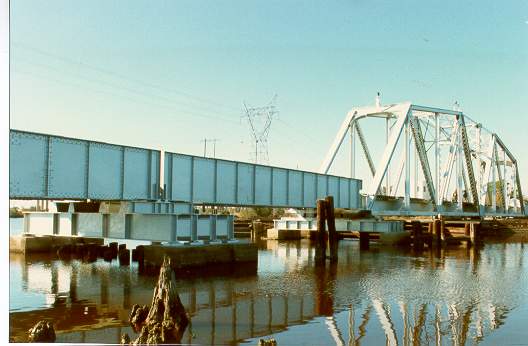
Coatings - Paints - Intro
There is a lot of confusion when it comes to understanding the different paints and coating. What is the difference between a urethane and a polyurethane? Is an enamel like a polyurethane? How are two part urethanes different from two part epoxies? How do acrylic paints compare to enamel paints? There are endless questions and if you can find an answer it is often shaded by the writers background or job title. Sometimes it is simply wrong or opposite what some other source says.
The car guys have their own special paints but those same paints have different names and reputations when you talk to boat people. And the model building folks also seem to have their own paint words and names and impressions of different types of paints. No matter what group you follow, usually none of the coatings any of these groups talk about are on the selves of the local paint store. And the guys at the paint store are no help. They don't really know and most stores just sell enamel paint in quart cans, latex paint in gallons, and a few odd things like shellac, varnish and 'polyurethane' clear coats. Some cans even say 'enamel latex'!
The paint companies are no help either. Their paint cans often don't tell you what kind of paint it is, or they use made up marketing terms like borrowing 'poxy' from the word 'epoxy' to describe some none epoxy product. And some coating manufacturer or sellers make up amazing claims about their products. When people ask me about these so-called wonder coatings I point out that if it was so amazing why don't other companies offer something like it, or why haven't we read about it at some other place than the seller's own web site? No truth in advertising or full disclosure in the paint/coatings industry.
Even product data sheets or MSDS documents are usually carefully crafted to provide what information they are required to provide but vague enough to not give anything away to the person reading the documents who might have a bit of understanding of paint formulation and chemistry.
Additionally there are lots of paint hybrid coatings, plus the addition of certain additives to a coating can change everything you thought you knew about that class of paints.
My background is in the epoxy coating industry. I have been selling epoxies from different manufactures for about 20 years. I also sell a few non-epoxy coatings, but my knowledge base is essentially epoxies. The information below on other coatings is 'my spin' based upon what I could discover on the internet and from personal and professional experience/contacts. My background might help me put the pieces together better than most folks, but still it is just my spin on these coating and not the final work by any means. I am not a chemist so no interpretations based on changing chemical bonds between reactive molecules.
"Solvent or Oil" Based vs. Water Based Coatings
Many types of coatings, especially older coatings, contain lots of solvents (sometimes called oil based coatings). All across the country there are now laws that limit the amount of solvents that can go into coatings. It varies from region to region (controlled by local authorities) and with the type or use of the coating (see https://epoxyproducts.com/voc.html) . Generally the toughest regulations are in southern California where a great many coatings cannot be sold.
As a result of these VOC regulations coating formulators are hard at work developing replacement coatings with less amounts of solvents (VOCs) - and not without some very 'bad results"!.
This brings us to the so called 'water based' coatings. These coatings can be thinned with water and cleaned up with water. Methods and chemicals have been developed that allow solvents, oils, polymers, etc. to be dispersed or suspended in a water base. This is similar to homogenized milk that suspends milk fats and oils into the watery milk base and keeps them suspended rather than floating to the top or settling out. This is the same with many modern 'water based' coatings. A better term to use is 'water borne" because lots of these products have solvents that are dispersed in the water. In fact, we carry several water based/water borne products (including our water based floor epoxy) that cannot be sold in parts of California because they still contain too much solvent. Some products, like some low end clear coat products, can be found in 'water based' or 'solvent based" versions.
The big R&D dollars are in latex house paints (the latex paints you see in the box stores). Be sure to purchase the 100% acrylic latex paints (the all acrylic ones are the best, and the cheaper less than 100% versions are getting harder and harder to find). These are outstanding paints.
PERSONAL OBSERVATIONS:
Latex house and trim paints are wonderful products (even though they do not contain any latex!). Water based epoxies are used for low end, very thin, epoxy floors, and sometimes as epoxy primers. They have a good reputation for light use.
Other so called water based coatings, like water based clear polyurethanes, so called water based varnishes etc. I have less respect for. They don't seem to hold up well, turn white with exposure to excessive water (i.e. like in a puddle of water). Many professional coating contractors agree and, like me, use solvent based versions of these kinds of coatings.
Historical Coatings - Coatings From Long Ago
One of the oldest coatings around are tempra paints. They are essentially pigments mixed with egg and water. Dried version of these coating (just add water) are still found in craft stores. Other than used in arts and crafts, I don't know any other use for them, but I have used the tempra powders as a crude pigment in some of my other projects.
Lacquer and shellac are might for dead bug resins in a solvent. If fact you can still buy various shades of shellac flakes and add alcohol to make liquid shellac in various shades. Alcohol will dissolve dried shellac (but not water). So folks use handmade shellac as an alternative to traditional varnish.
Semi Historical Coatings - Alkyd Enamels - Varnish
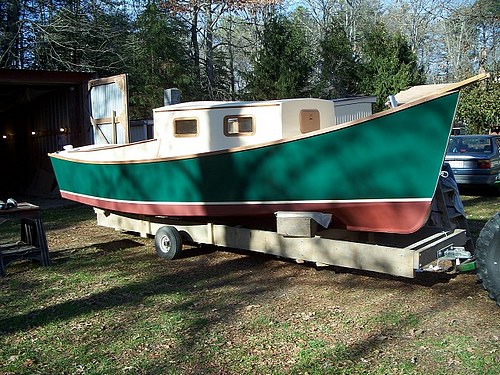
These would include the traditional varnish (called spar varnish) and the 'traditional" so called "oil based" enamels. Both use lots of solvents in them. Old time spar varnish is harder and harder to locate or buy due to the VOC regulations mentioned above. The hardware store enamel paints (alkyd enamel), still very common, are also old time solvent based coatings. They are cheap, durable, and have a hard finish. Other type of modern paints (covered below) are better, but cost more and are harder to find.
Note that very often right next to these enamel paints are the water based latex alternatives. Your call on which to use. Do note that some vendors now label their latex paints as enamel latex. More marketing confusion. They don't really mean real enamel. They are using the term to imply a hard, shiny finish. Buyer beware!
Acrylics and Latex
Acrylic paints seem to be the mostly found in Arts and Craft stores. They are a modern replacement for enamel craft paint and are very popular. One web site I visited said these paints were all water based. I suspect this is just the version that the craft stores like to carry.
PERSONAL OBSERVATIONS:
My experience is with solvent and water based clear acrylic coatings, often used a clear top coats on floors etc. The water based ones seem to have problems when exposed to excessive moisture (like sitting in puddles of water) where they turn back to their original milky white color.
They also go on thin and don't seem especially tough or durable. I consider then to be the low end, cheap, clear coat product - again from a perspective of a floor coatings person. The craft people like them, I don't. That said, outside of the craft stores, and the clear acrylics in the paint stores, I don't see quarts of acrylic paint on the store shelves.
Latex house and trim paints are the cutting edge of paint technology because house and exterior painting is such a huge market. Surprisingly there is not latex in latex paint. The primary chemical is combined with other resins like vinyls or acrylics (not to be confused with acrylic paint just mentioned above). Of these other ingredients, the acrylic was the expensive option so some latex paints use only some acrylic in its formulation. But the acrylic proved to be worth its cost in performance so today all, or nearly all, latex paint is 100% acrylic latex paint. Check the label to be sure.
Polyurethane Paint
|
TO:
pauloman555@yahoo.com Hi, I train spray painters in Queensland Australia the technical aspects of Polyurethane paint. However some people just can’t get the difference of the two major types. Polyester vs Acrylic. I would like to use your excellent discussion paper in my training as an unbiased view and give credit to author Paul Oman and your company. https://epoxyproducts.com/lpu.html Regards --Andrew (11/14) |
Pigmented one part polyurethane paints seem to be the new improved (and more costly) replacement for old alkyd enamel paints (like with acrylics, polyurethane clear coats seem to be a different creature and like with acrylic clear coats I am also not impressed with polyester clear coat products).
Reviewing the paints at my local True Value hardware store I could only find one pigmented quart of paint product labeled as a polyurethane paint. It was maybe for wooden decks (???). It cost a good bit more than a quart of old alkyd enamel. So, while polyurethane paints may be better they aren't easily found.
In the marine paints, one part pigmented polyurethane paints have an outstanding reputation for performance and durability. Interestingly the boating online store that I was using didn't identify this product as a polyurethane paint.
From a purely chemical perspective there are just two kinds of urethanes - aromatic or aliphatic (poly) urethanes. More about these below. However, madisonchemical.com lists six ASTM Polyurethane types. I assume this encompasses the hybrids and 'blends' I mentioned above. I also assume that the polyurethane paints mentioned in this section are of the AST type "oxidation of drying oils" which is how the alkyd enamel paints dry.
More advanced Polyurethanes - Urethanes
The term polyurethane and urethane are pretty interchangeable and at least for end users like you and me, one is just like the other. I've found in some industries (and some lines of paints) the term urethane used while the term polyurethane is used for the same similar product in a different industry or different vendor.
Pure urethane/polyurethane coatings are either aromatic (ring structured) or aliphatic (chain structured). Aliphatic polyurethanes are two part (also called two pack) products and represent probably the toughest coatings around. There are several kinds of aliphatic polyurethanes. Automobile clear coat is one of them. These coatings are call LPU coatings (linear polyurethane). I have an entire web page on these : www.epoxyproducts.com/lpu.html . More on them below.
Aromatic poly-urethanes are one part coatings. They are often called moisture cured urethanes (called MCU coatings) and they are now formulated in lots of different flavors to address the every changing solvent rules. They are well known for easy application in demanding wet, marine type environments - shipyards etc. We offer an aluminum filled MCU called Aluthane (tm) which is an awesome coating. See our web page on this product (www.epoxyproducts.com/aluthane.html) and also Google "Aluthane" and read the unsolicited happy reviews of our customers.
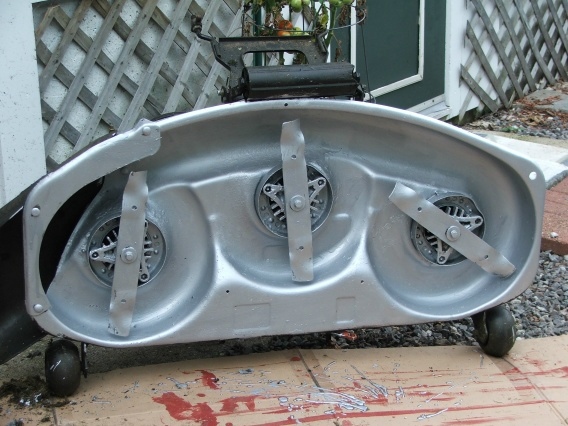
"A very pleased user of Aluthane and your epoxies" (primer on old cars)
Craig - Houston, TX - Oct. 2016
We really appreciate you visiting PROGRESSIVE EPOXY POLYMERS, INC. and our web site: EPOXYPRODUCTS.COM. Take advantage of the CONTACT links on this page to ask questions about our products and/or your projects. You can stay in touch with us via our NEWSLETTER (link on our contact page) which is emailed every 6-8 weeks.
|
Epoxy Only Web Google Search |
|
 |
#1) Google Everything Epoxy Searches #2) Google Marine Epoxies Searches
#3)Google
Floor Epoxy Searches |
|
View our Progressive Epoxy Products, Inc. |
This current page is all about:
Two part polyurethanes (mentioned above) are either acrylic polyurethanes or the better polyester polyurethane. We sell three of these. A clear acrylic polyurethane with UV blockers to keep epoxies from yellowing, (acrylic poly uv plus), a clear polyester polyurethane and a white polyester polyurethane. You can pay several hundred dollars for two part polys, although we charge much much less.
Vinyl Esters
Vinyl esters are sort of an epoxy - polyester hybrid system that is high solvent and requires really good prep. Years ago it was considered an alternative to epoxy as a marine barrier coat. These days one hears about these coatings less and less. Probably the high solvent levels (VOC level laws) are a primary reason why we don't hear much about them. Also it seems to take a high skill level to use and apply correctly.
Polyeura Coatings
Polyeura coatings are amazing. Thick, rubbery, chemical resistant, tough. Best known to the general public as spray on bed linings for pick up trucks. The problem is they require special spray equipment to apply. You will not be seeing these at your local hardware / paint store soon. The set up time is seconds - not something you can brush on.
|
|
WOW! 35% - 40% of all daily online or telephone orders are from existing customers. That's an amazing 'REPEAT CUSTOMER" number. |
|
603 - 435 - 7199 ANYTIME 24/7 FOR HELP OR ORDERS |
|
|
|
|
Polyaspartic Coatings
Polyasparic coatings are actually a kind of polyeura coating (officially a polyaspartic aliphatic polyurea) developed in the 1980s. The replace much of the problems with polyeura coatings. They don't yellow, handle high temps, have a low viscosity but high film build-up and good chemical resistance. The cure rapidly (minutes or a few hours) - so are sometimes promoted as 'one day garage floor systems'. They best niche in the home might be as countertop sealers. Downside issues are that the prep and application is rather exact - not much room for error. Few people have experience with the product and 'best' methods for thinning/applying etc. seem to be still in progress.
Polyester (fiberglass resin) Gel coat
Polyester resin, also known as fiberglass resin is what fiberglass boats are made from. It doesn't stick well to other things so the boats are always 100% resin and not some sort of resin and wood mixture. I've found (as have my customers) it bonds to wood for about 5-10 year and then the bond fails. It's big advantage is that it doesn't yellow in sunlight (but it does breakdown in UV over time).
Gel Coat is just thickened and pigmented polyester resin used as the outer surface of fiberglass cloth. It looks nice for a few years. Some rich folks will buy a new fiberglass coat and remove the gel coat and replace it with a 2 part LPU paint (described above).
Epoxy Paint
Epoxy paints are epoxy resins with pigments and often a few other additives. Most are 100% solids or nearly 100% solids. There are water based epoxy floor paints too.
Epoxies are known for strong adhesion, good chemical resistance, and a thick and hard coating. They yellow and breakdown in UV so they are often used as the base coat or 'working' coat and then top coated with an attractive "regular" paint for looks.
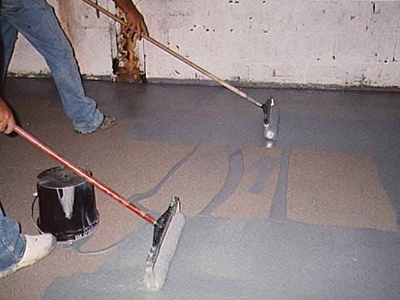
Being an epoxy company, we have lots of info on epoxy paints. Start here -- https://epoxyproducts.com/educationlinks.html .
|
Where to Use India Spar Varnish Our India Spar Varnish has three primary applications. 1) applied over a thick or thin layer of epoxy used on table tops and bar tops. Vanish provides necessary UV protection that all epoxies need as well as a wear surface that can be polished to a mirror finish. 2) Varnish is used on 'natural' wood finishes on boats. Again, generally over epoxy (such as in Stitch - and - Glue or wood strip construction) but sometimes directly on the wood. If you using our Basic No Blush marine epoxy (why not?) be sure to wash off and remove any amine blush that might have formed on the surface of the epoxy before you varnish it. Note that spar varnish is a solvent based coating that has been time tested for over a century on boats out in the sun and weather 24/7. You won't find any modern "polyurethanes " on these boats (keep the urethanes for indoor use - better still, use India Spar Varnish on inside applications too). 3) Use India Spar Varnish over naturally finished wood floors, usually over an epoxy primer - ESP 155 (or thicker epoxy like LOW V epoxy - used on shipping container floors) applied over the wood and under the varnish. ONLINE STORE Purchase Here - Cannot be shipped to California. |
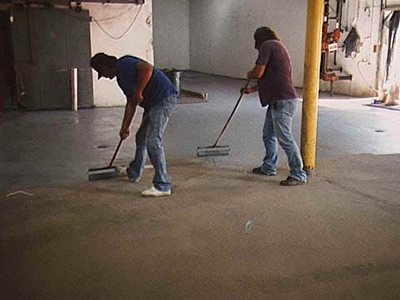
|
Links to Lots of MUST READ Information Articles About the Best Epoxy Floor Paints, Including Preparation, Alternatives, What Can Go Wrong, etc.
|
|
Bio Vee Seal - INTERNAL CONCRETE SEALER |
SOME OF THE SITES THE ABOVE LINK WILL DIRECT YOU TO |
|
Clear Top Coats - FLOOR CLEAR TOP |
Best Floor Epoxy - CLICK HERE |
|
Epoxy Quartz Floor - BROADCAST FLOOR |
Acid Etching - ACID |
|
Epoxy Paint Chip Floor - CHIPS |
Epoxy Paint vs. Floor Epoxy Paint - EPOXY PAINTS |
|
Epoxy Paint - SURFACE PREP |
Floor Basics/Options - START HERE |
|
Floor Epoxy - CATALOG PAGE |
Questions: ASK PROFESSOR E. POXY |
ON-LINE CATALOG HOMEPAGE.
Inside Our non-marine, commercial, DIY Catalog:
corro coat FC 2100; water gard 300; CM 15; crack coat™; liqua tile 1172 potable water; water prime
Find Corro Coat FC 2100 and Water Gard 300 epoxy in our Best Selling - fix anything Catalog
water bond (water based); industrial floor epoxy; bio vee seal; walnut shell; rough coat grit filled epoxy floor paint; epoxy clear top resi
wet/dry 700; splash zone A-788, epoxy cream; splash zone a-788
Find Wet Dry 700 epoxy in our Best Selling - fix anything Catalog
low V epoxy; basic no blush; ESP 155; Bio-Clear 810; epoxy clear top resin
Find Low V, Basic No Blush, and ES 155 epoxy in our Best Selling - fix anything Catalog
Aluthane moisture cured urethane; Acrylic Poly UV Plus and other 2 part polys ; Capt. Tolley's creeping crack sealer; india spar varnish;
Find Aluthane in our Best Selling - fix anything Catalog
fumed silica; fiber fill; micro balloons/micro-spheres; graphite; wood flour; EZ thick, rock flour;
water activated pipe wrap; TA 661 solvent-free epoxy brush cleaner; fiberglass tape/cloth
short nap epoxy rollers; epoxy/stone deck resurfacing roller; 1 inch foam brushes; 2 inch bristle brushes; tongue depressors
Questions? / Phone order? / EMAIL / CALL 603-435-7199 EST / BUY ONLINE
GOOGLE SITE SEARCH - Click here Epoxy specific site search
Click here - YouTube video. Learn about Progressive Epoxy Polymers Inc.
EVAL4U - how to evaluate your epoxy vendor - CLICK HERE -
Epoxy Only Web Google Search
#1) Google
Everything Epoxy Searches
#2) Google
Marine Epoxies Searches
#3)Google
Floor Epoxy Searches View
our Progressive Epoxy Products, Inc.

|
Epoxy Floor Coatings - Sampler Kits 1) NEW Epoxy Floor/ Deck non slip coating (ROUGH COAT (TM) FLOOR EPOXY) Check out the 8 oz test kit of Rough Coat (tm) - a tan colored solvent based epoxy floor coating with non slip grit already mixed in. Standard unit size is one gallon which covers about 160 sf. Texture is suitable for bare feet. Use on boat decks, garage floors, shower areas etc. This product is featured on the GreatThings4u.com website. 2) Solvent Free Industrial Floor Epoxy - 48 oz test kit of IFF in beige or light gray. Tired of the low end stuff sold in mass market box stores or hard sell epoxy flooring web sites run by a marketing major and staffed with ex-shoe salesman just interested in your money? Check out our industrial - commercial (you can buy 15 gallon units), solvent free, Industrial Floor Epoxy (even the product name is simple, no frills labeling). Use with or without chips (order separately - picking colors and percentages), and with or without clear epoxy or poly intermediate or topcoats. Shop like a Professional - where you pick and select what you need. This product is featured on the Best Epoxies website. CLICK HERE (floor epoxy paint options) to see these products in our online catalog. |
 |
 |
 |
 |
 |
|
Epoxy Resin |
Epoxy Paint |
Epoxy
Floor Paint |
Marine Epoxy |
Epoxy
Putty |

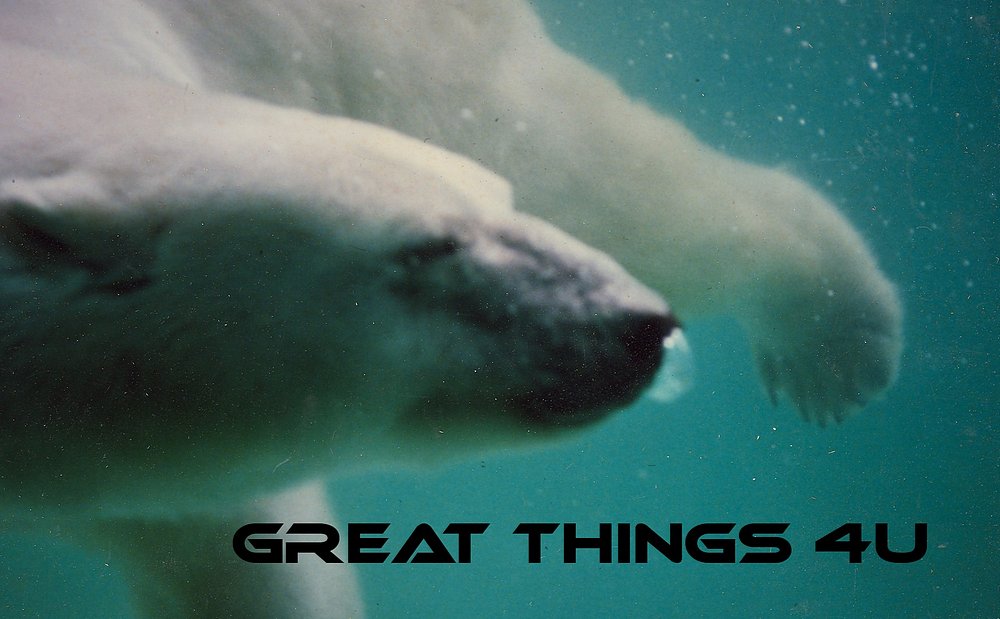 |
 |
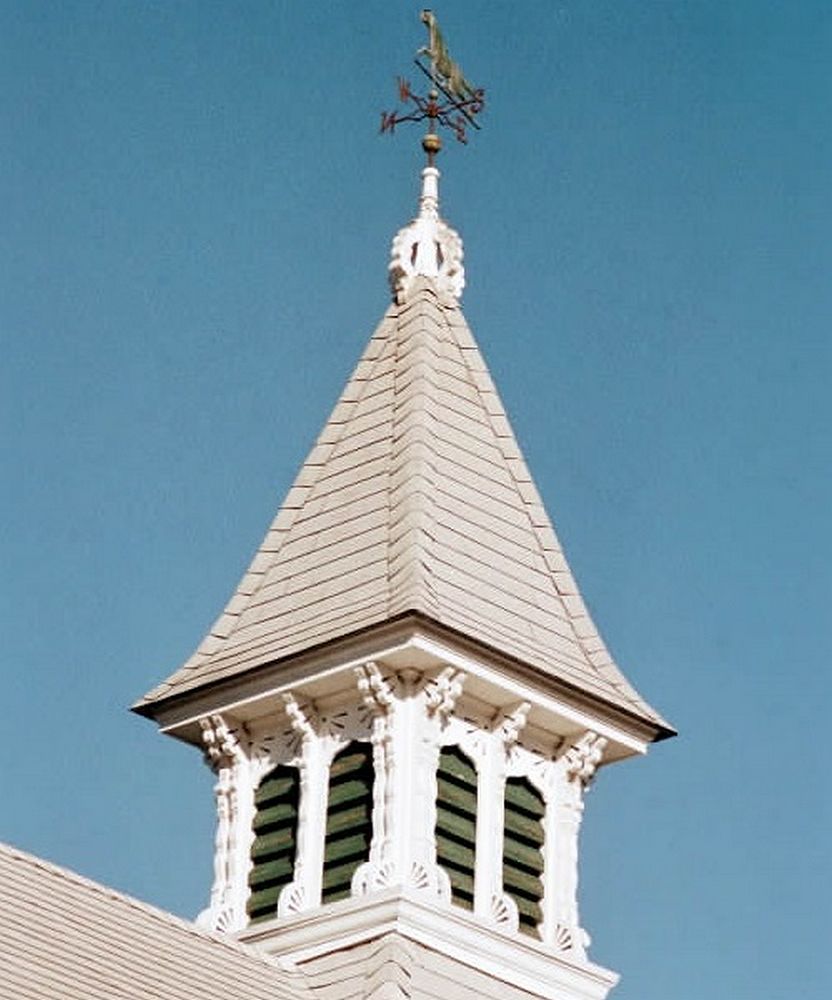 |
||
|
site master |
protagonist |
ground zero |